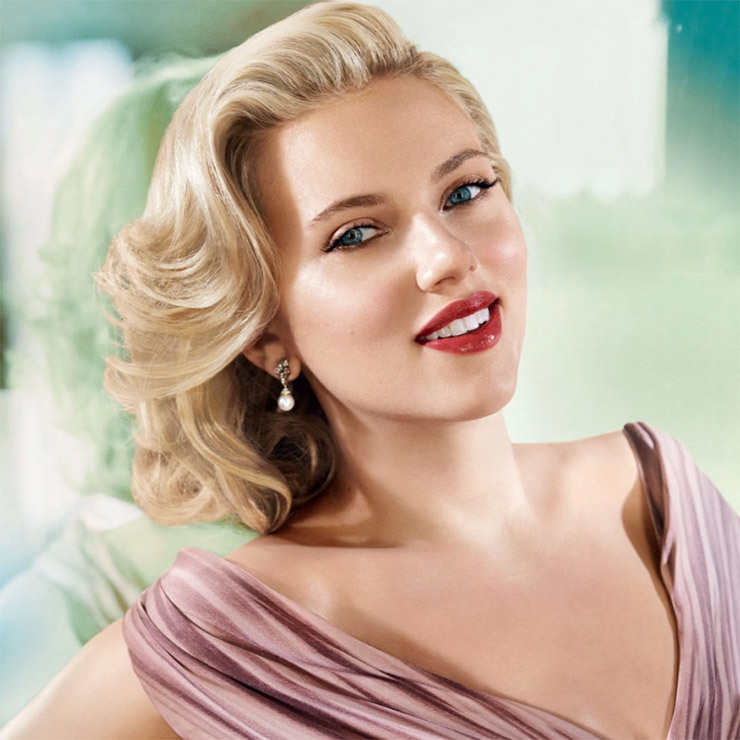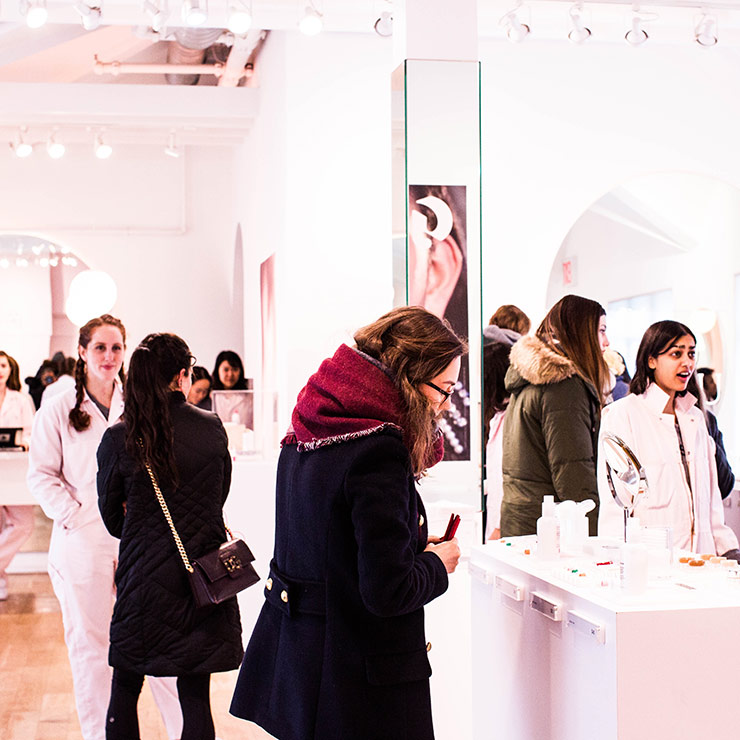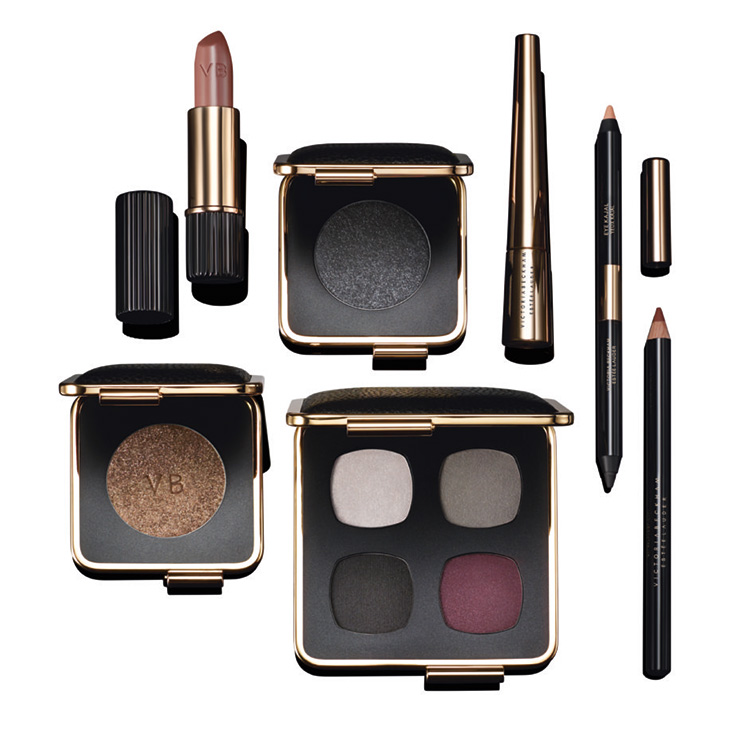“Getting your name on lipstick is just another way of staying relevant. But it begs the question, when is enough?”
Two weeks ago, we were greeted with the news that a new celebrity beauty brand was imminent. Scarlett Johansson’s yet unnamed brand (in collaboration with Kate Foster, an adept hand at the business, having previously worked with Victoria’s Secret and Juicy Couture) is looking to focus on “a clean, accessible approach to beauty.”
The news was greeted with derision, in part because Johansson is like marmite: you either like her, or you don’t. (I read a snarky comment about whether or not she was taking influence from her “Asian heritage,” or if this was skincare geared toward trees). There is also a feeling amongst the hoi polloi that we have reached peak celebrity beauty brand saturation.
Jenny and a Block Full of Makeup Lines

In 2002, Jennifer Lopez released her first perfume Glow by JLo. What everyone thought would be a failed venture became the first modern celebrity scent. At one point was the second highest-selling in the American market. Back then, no one knew that celebrity-backed beauty and skincare lines would become commonplace. It must have seemed unimaginable because a fragrance is one thing, but a whole line of products?
And yet here we are. Jenny from the Block now also has her own makeup line, along with, and not limited to Rihanna, Drew Barrymore, Millie Bobby Brown, Halsey, Victoria Beckham, Jessica Alba, Gwyneth Paltrow (she of the $75 This Smells Like My Vagina candle) and various Kardashians.
This craze is not just limited to the Western market: we’ve seen the proliferation of local celebrities lending their names for the same reason, and Korea has recently joined the game with Han Ye-Seul announcing her brand.
The lipstick effect

It’s not hard to see why. Estée Lauder’s Leonard Lauder coined the term “The Lipstick Effect” after noticing that his company had sold more lipstick in the aftermath of 9/11 than before. It is widely acknowledged that in times of crisis, sales for beauty products increase, or remain relatively steady.
It’s a small luxury people are willing to spend. We are currently still amid COVID-19, despite people pretending otherwise. The release of subsequent beauty brands tracks with the idea that people will buy.
But do we need this? One of the issues I have of this entire enterprise is perception. There are only a handful of celebrities who indulge in striking makeup looks, people who I immediately think “oh, these people would suit a makeup line,” and not all of those people have ever tried to own a makeup line. Therefore, for everyone else, it merely looks like a vanity project.
The other problem is that of environmental impact. Each product is packaged in glass bottles, plastic tubes, and cardboard boxes that the user will inevitably throw away. This will end up at a landfill and take years to break down.
Unless you buy the product straight from the lab it was formulated it, it has likely flown on air transport to get to you. Certain chemicals that are not good for water will end up in the ocean.
What Next?

Rather than encourage our trigger-happy credit card spending hands, I wish influential people saw the value in recognizing when a certain market is already saturated enough.
This seems like a big ask: any person who becomes famous is also gifted with a healthy dose (in fact, for others, a healthier dose) of narcissism. Getting your name on lipstick is just another way of staying relevant. But it begs the question, when is enough? What would it take for an already famous individual, someone part of the zeitgeist, to realize, “Hey I think the world already knows who I am?”
In discussions with a few Internet friends (or as they say on Twitter, your moots, for mutuals), someone asked what the next celebrity-branding craze would be. I thought it would be something inane, perhaps ceramics, or silk eye masks. Someone else said alcohol mixers. Whatever it is, I look to writing an article declaring our collective malaise.





